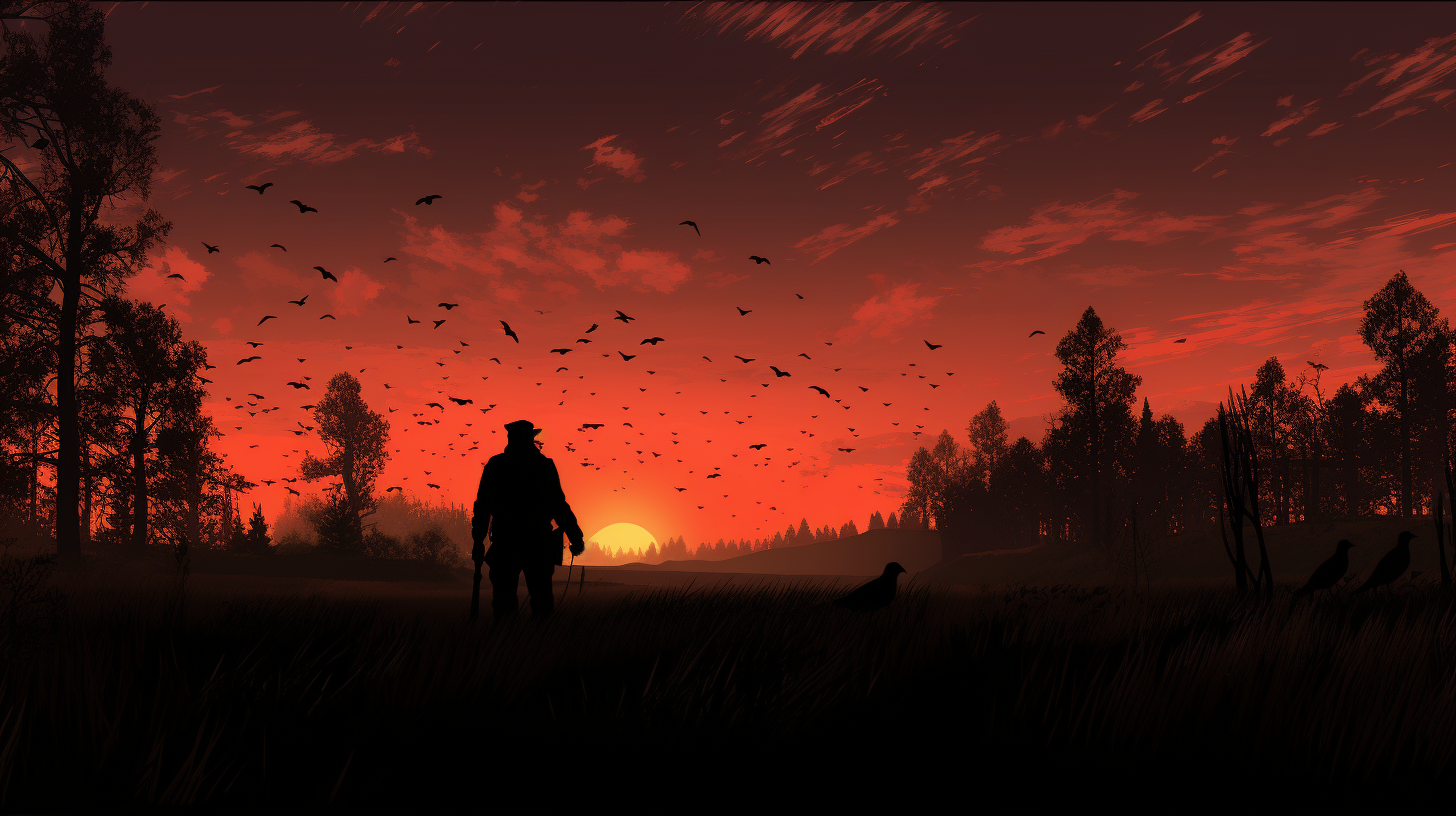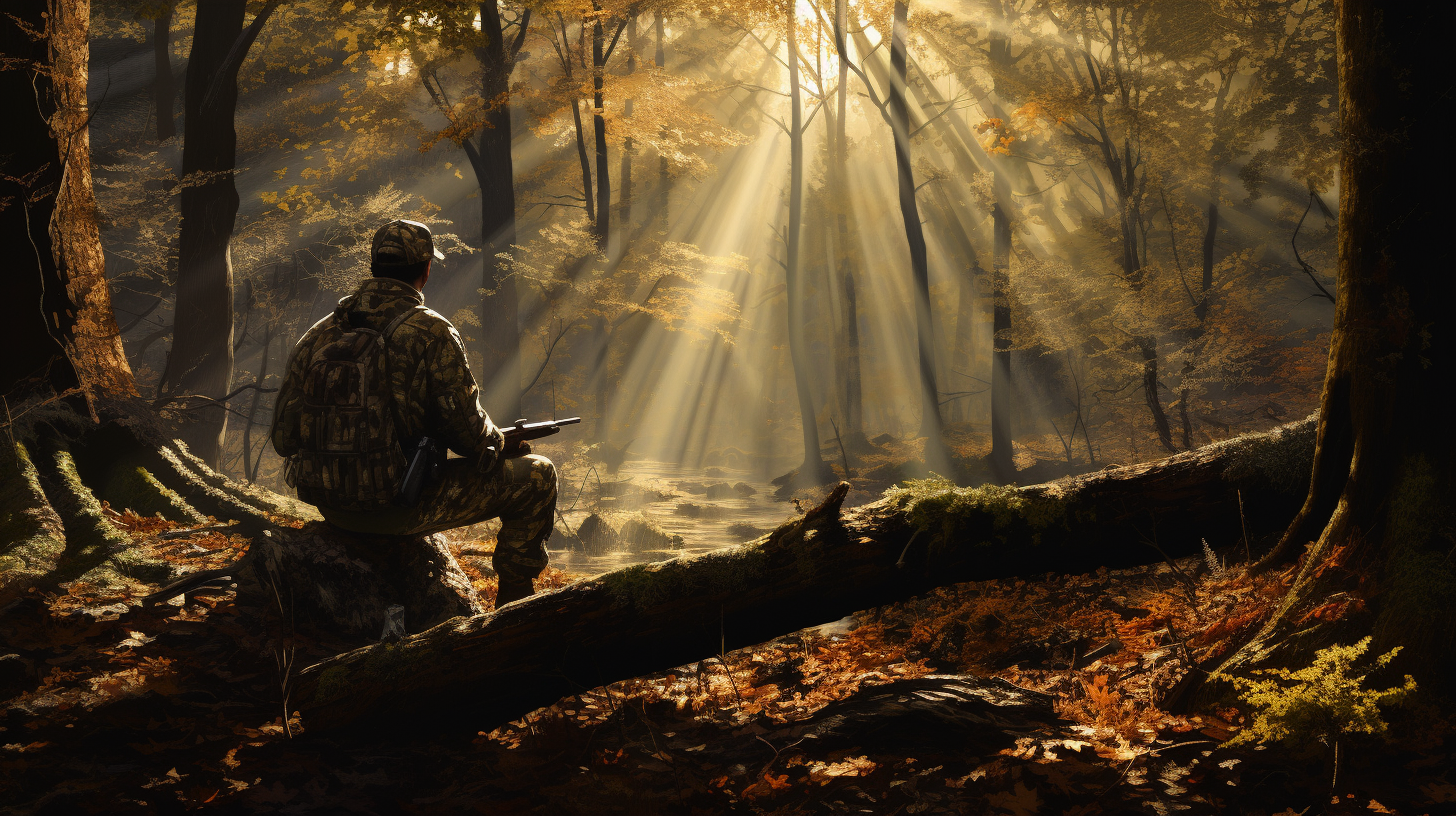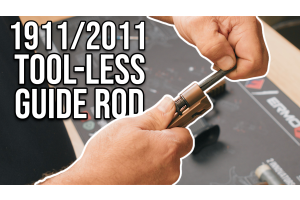Duck Season: A Comprehensive Guide for New Waterfowlers
0%

Watching duck hunting TV shows and YouTube videos often makes waterfowl hunting feel out of reach for many new hunters. There’s so much you need to know to avoid fines and ethically harvest your first birds.
The rest of this article will help you to get started on the right foot and have an excellent waterfowl hunting season.
Know Your Local Laws
As with anything, knowing the rules and laws is critical. They vary from location to location, so it’s best to research your state and local hunting regulations.
However, no matter where you hunt, duck hunting shells must always be a non-toxic load, such as steel or tungsten. There are various gauges and shotshell sizes you can use, but the most common is 12 gauge loaded with 4-shot.
There are also unwritten rules that duck hunters stick by, such as not calling or shooting at birds that are working other groups spread. Though not all waterfowlers stick to these rules, I strongly believe in treating people the way I want to be treated, so even if it might cost me a bird or two, I strive to obey all the unwritten rules, too.
One of my biggest pet peeves is the hunters who get the spot late and proceed to ruin everyone’s hunt who got there early or on time by walking through the area, scaring all the birds away. We all oversleep sometimes, but that doesn’t mean you should punish the guys who didn’t sleep in.
Know What the Ducks Look Like
It’s initially overwhelming, but learning to identify ducks and geese quickly is a must for all waterfowlers. My wife is always amazed that I can identify ducks by how they fly or while sitting on the water 100+ yards away, but I can’t find the ketchup in the fridge!
While you can learn how to identify waterfowl species by pictures and videos online, nothing beats time in the field. As you spend more time hunting, you’ll pick up on the small nuances each species has while it flies and sits on the water.
To this day, I carry a duck ID book just in case I stumble across a species I’m unfamiliar with or haven’t seen in a while. There are also many bird ID apps you can download to your phone to help you learn more about waterfowl.
Know Where to Hunt
One of the biggest mistakes most waterfowlers make, even experienced duck hunters like myself, is hunting in the wrong spot.
Waterfowl use a wide variety of habitats for different reasons.
I’ve hunted in marshes, flooded timber, crop fields, ponds, and lakes. Generally, waterfowl use marshes, ponds, and lakes to loaf, a fancy word for hanging out and resting for an hour or two.
Ducks often use flooded timber for loafing and feeding when the acorns drop. Crop fields are where ducks and geese are in feeding mode.
It’s important to remember that these are generalities, and waterfowl use all locations for loafing and feeding. Large bodies of water and protected areas are where waterfowl tend to roost. Never, and I repeat, never, shoot waterfowl off their roost; this will spook them out of the area faster than anything.
If possible, always hunt the “X.” I mean, always hunt as close to where the birds want to be as possible. I’ve hunted large ponds and missed the “X” by 75 yards, and instead of limiting out, we watched the birds pile into a small cove nearby and couldn’t fire a shot.
I recommend setting up in the exact area where you saw the birds while scouting and then adjusting accordingly throughout your hunt.
Know the Gear You Need
Waterfowl hunting is expensive, so it’s always a great idea whenever you can save money on gear.
I’ve spent a lot of money on gear I didn’t need. There’s always a new item that will revolutionize how you hunt and guarantees that you’ll limit out. Don’t buy into the hype; I’ve hunted for years over old decoys and done much better than most with my old gear.
To begin, I believe you only need -
● Blind bag
● Waders (if you hunt in water)
● A dozen decoys (find a group of other hunters and combine your decoys to make larger spreads)
● Optional: A blind for hunting open areas
Quick Tips for Duck Hunting Beginners
After duck hunting for most of my life, I’ve picked up a few tips and tricks that few others are willing to share.
● Go with an experienced waterfowl hunter
● Borrow gear before buying it to learn what you really need
● Scouting always leads to a better hunt
● Set up on the “X”
● Your hide is the most crucial part of your setup
Parting Shots
Duck hunting is an enjoyable pastime, and it’s even better with a few friends. By implementing the duck hunting tips above, you’ll be off to a much better start than the average hunter!
I can’t wait to hear all about your duck hunting adventures from this coming season.
Written by
Sam Jacobs
Writer | 2A Advocate | Outdoorsman








